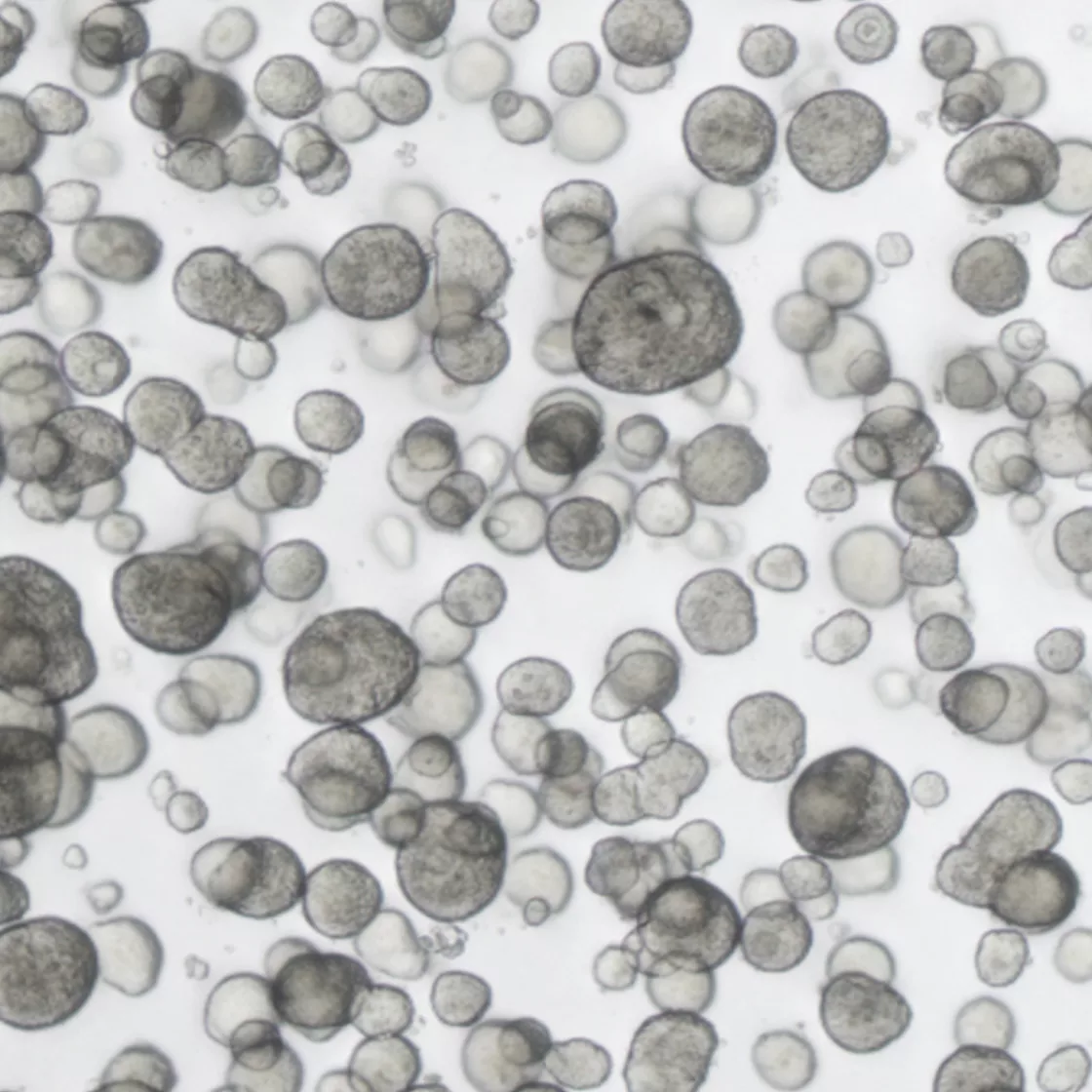
Price | 1784€+ Login to see price |
Organism | Human |
Product Type | Organoid |
Tissue | Lung alveoli, Bronchi |
Disease | Non-Small Cell Lung Cancer |
Applications
Oncology
Small Molecule
Antibody
Cancer Vaccine
mRNA
Immune Cell
TME-CAF
Immuno Oncology
Macrophage
Regulatory T Cell
Tumor-Infiltrating Lymphocyte
Cytotoxic T Cell

With the global rise of K-beauty, the cosmetics industry continues to grow steadily. Since the ban on animal testing for cosmetics in Korea in 2017, various alternative testing methods have...

Traditional microscopy methods often require fluorescent labeling to analyze cellular structures, which can be time-consuming and invasive. In contrast, our HT-X1 system allows for high-resolution visualization of cellular morphology without...

Traditional protein analysis has primarily focused on quantifying expression levels within tissue samples. However, recent advances in spatial analysis techniques have shifted attention toward evaluating not only expression levels, but...
Among the many fermented foods we consume, kimchi is particularly known for containing a diverse range of lactic acid bacteria, which are believed to influence the activation of immune cells...
We conducted a study focused on identifying disease-related markers using patient-derived tissue samples. However, traditional methods limited our ability to analyze multiple candidate markers simultaneously, and the limited availability of...
Our lung cancer organoids accurately replicate patient tumors by expressing key markers TTF-1, CK7, p40 and CK5/6, underscoring their fidelity for cancer research and personalized treatment development.
This molecular mimicry enables a profound understanding of lung cancer pathology and offers a promising avenue for therapeutic innovations.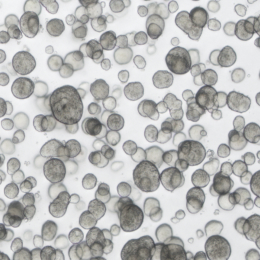
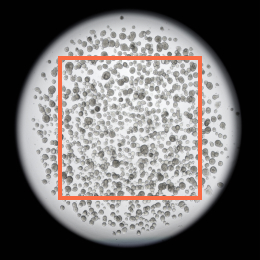
H&E | TTF-1 | CK7 | p40 (ΔNp63) | CK5/6 | ||
|---|---|---|---|---|---|---|
Cancer tissue | Adenocarcinoma | 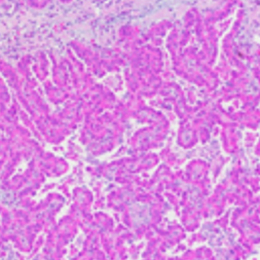 | 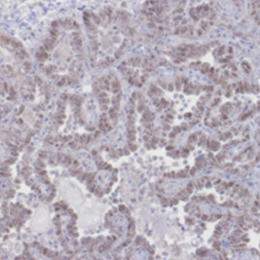 | 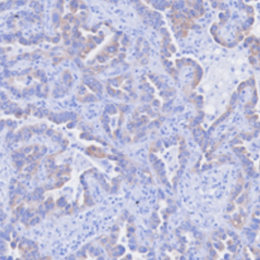 | 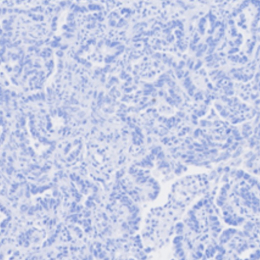 | 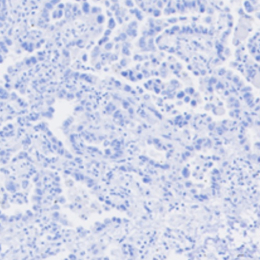 |
Adenosquamous | 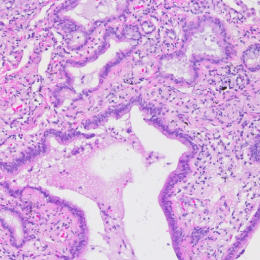 | 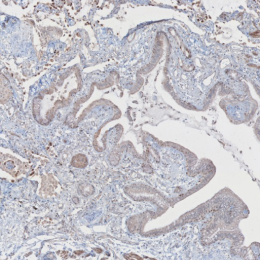 | 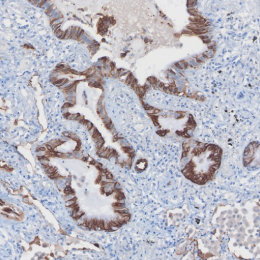 | 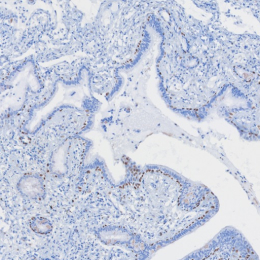 | 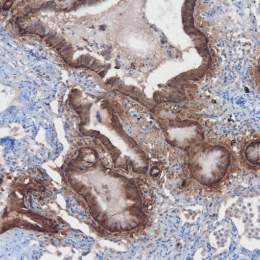 | |
Cancer organoid | Adenocarcinoma | 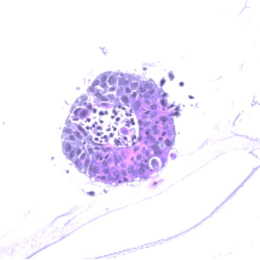 | 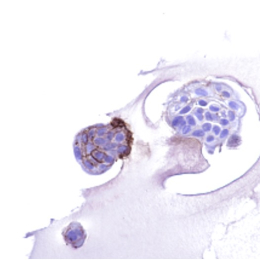 | 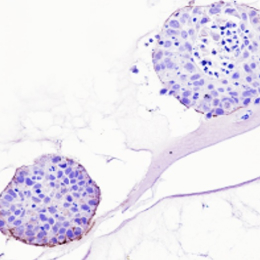 | 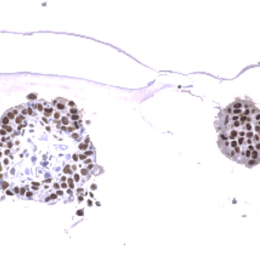 | 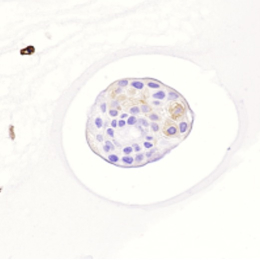 |
Adenosquamous | 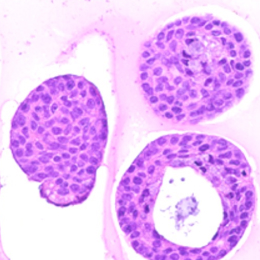 | 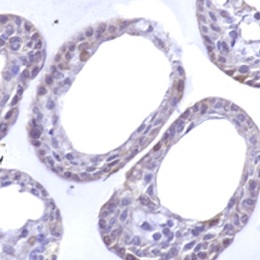 | 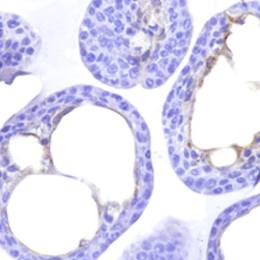 | 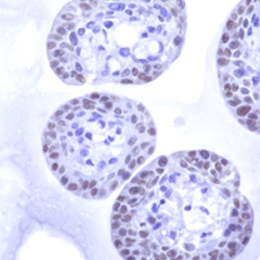 | 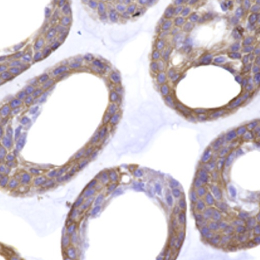 |
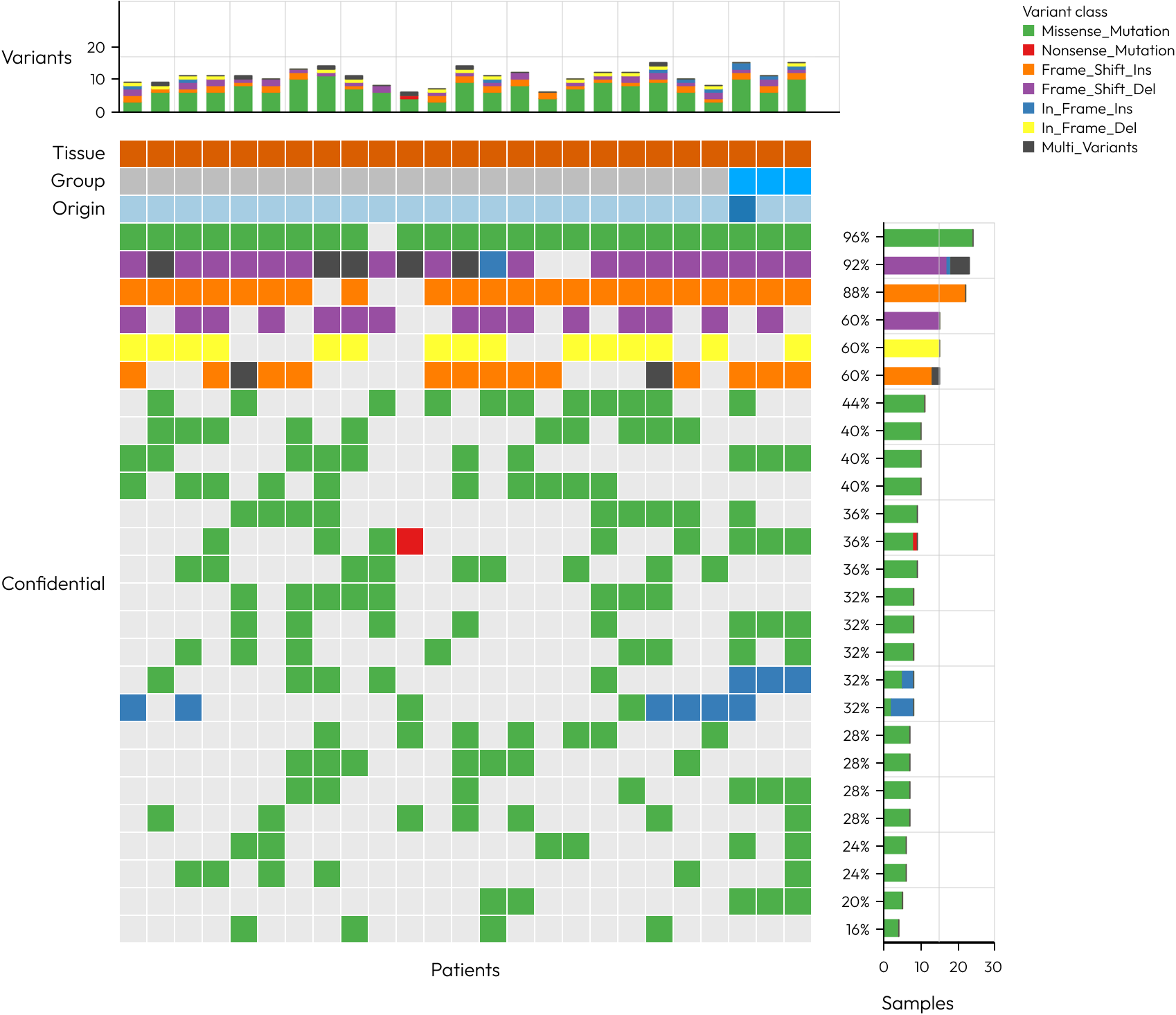
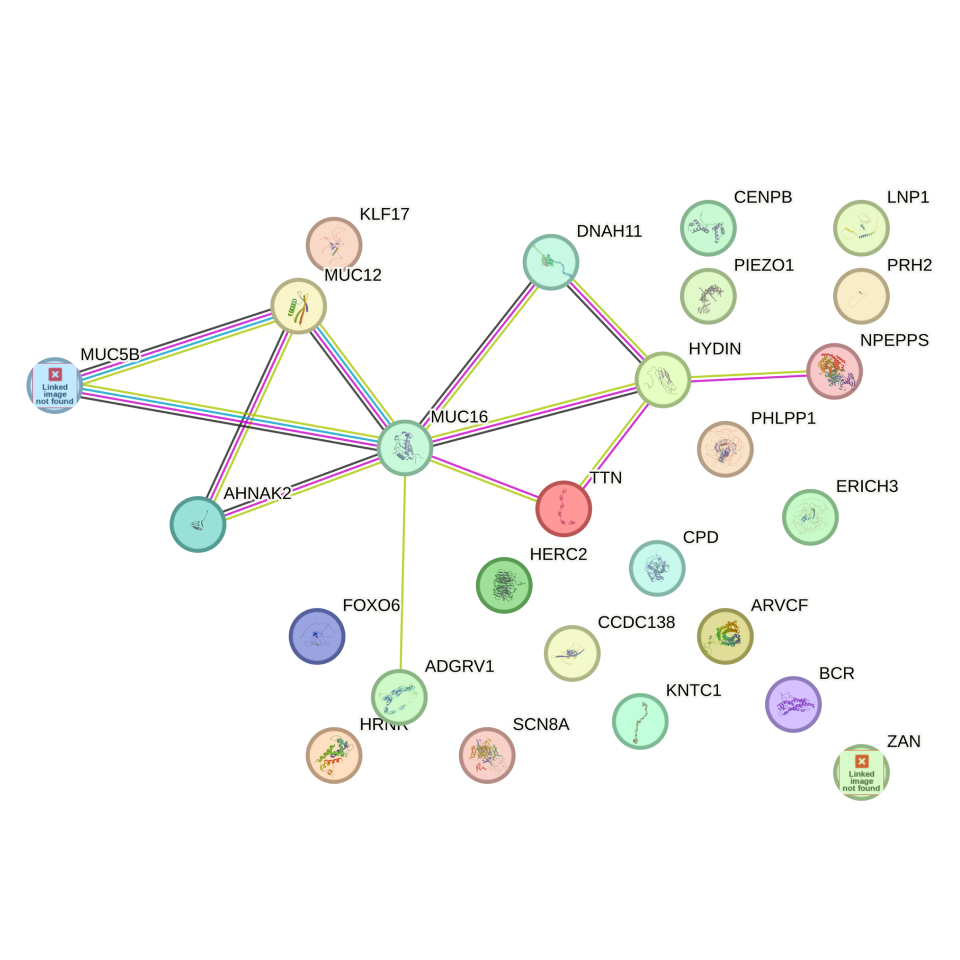
Utilizing a database of protein interactions and mutations, we statistically analyze genetic correlations to identify significant relationships in lung cancer organoids.
Cisplatin | 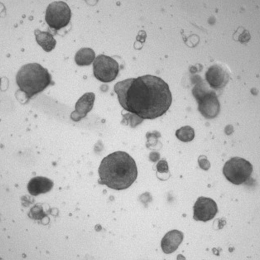 | 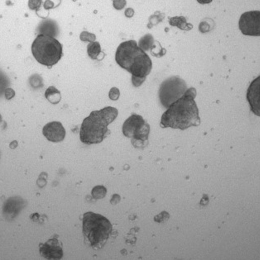 | 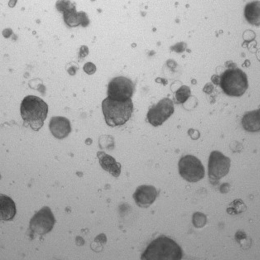 | 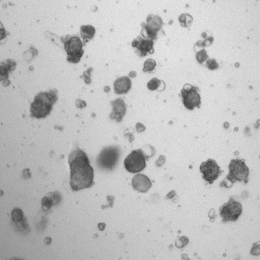 | 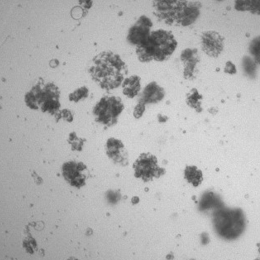 |
Ctr | 1μM | 3μM | 12μM | 50μM | |
Carboplatin | 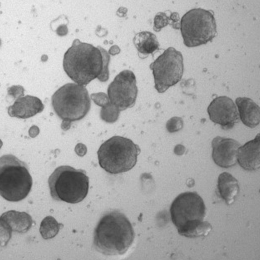 | 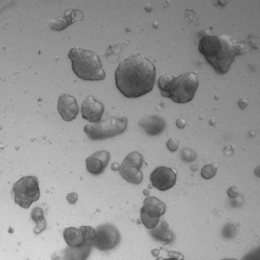 | 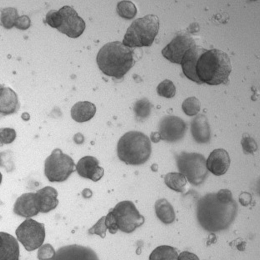 | 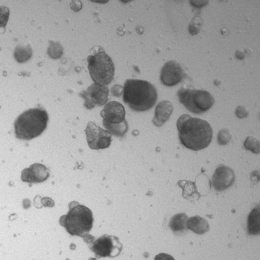 | 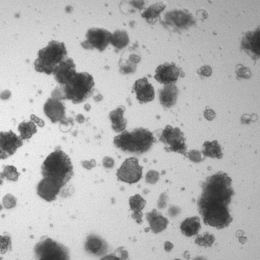 |
Ctr | 1μM | 3μM | 12μM | 50μM | |
Gemcitabine | 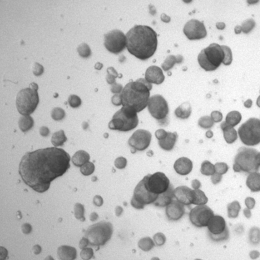 | 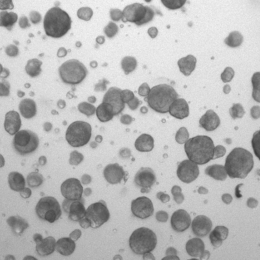 | 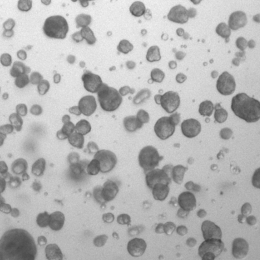 | 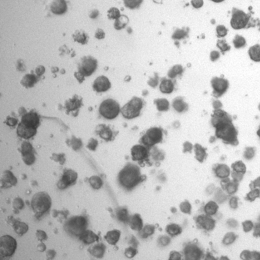 | 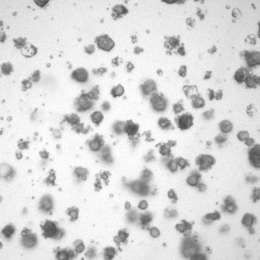 |
Ctr | 0.03μM | 0.125μM | 0.5μM | 2μM | |
Paclitaxel | 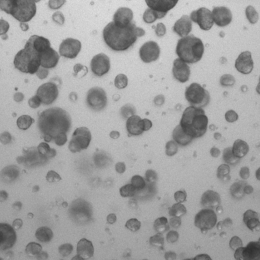 | 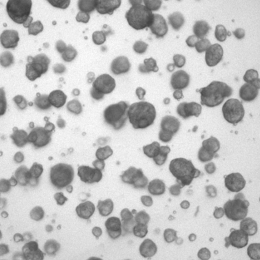 | 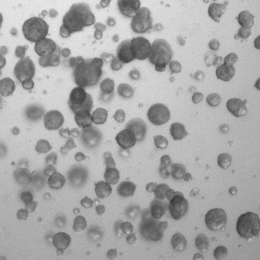 | 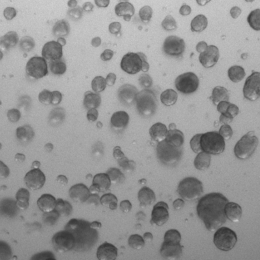 | 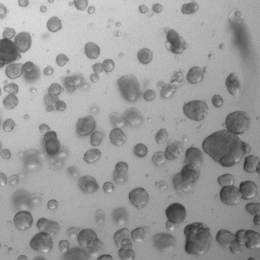 |
Ctr | 0.25μM | 0.5μM | 1μM | 20μM |
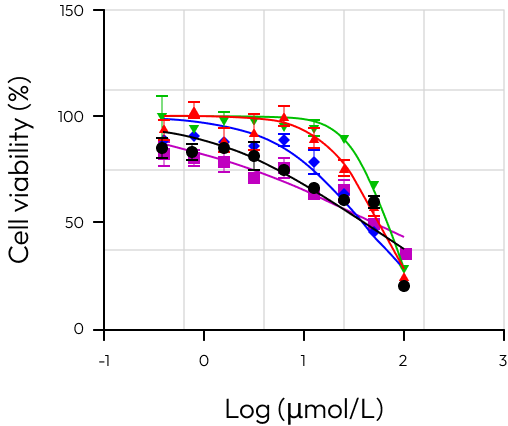
Carboplatin
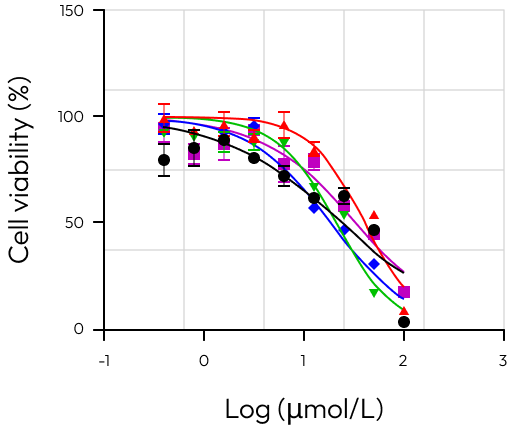
Cisplatin
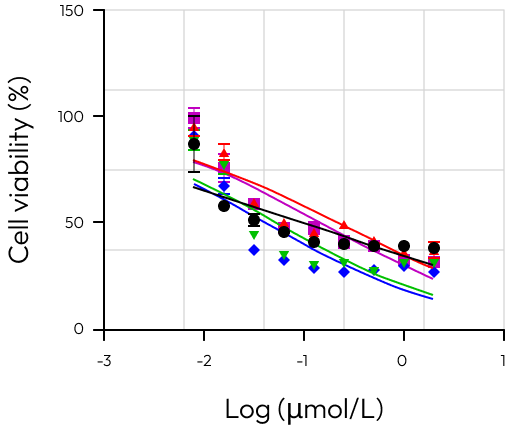
Gemcitabine
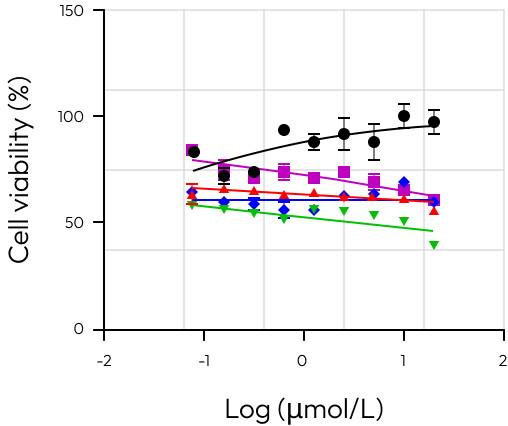
Paclitaxel

Deutscher Platz 5c, 04103, Leipzig, Germany
info@lambdabiologics.com